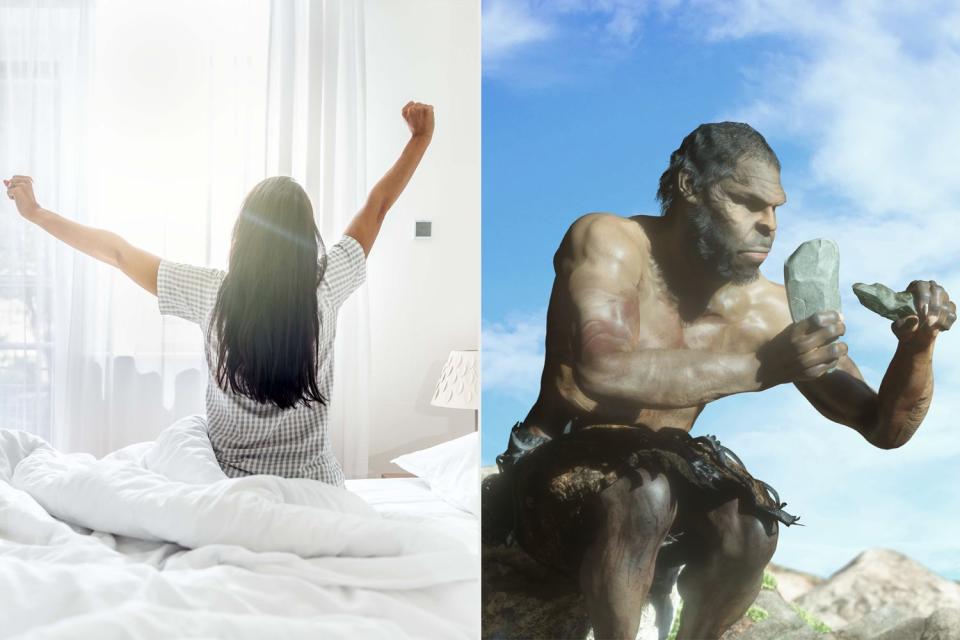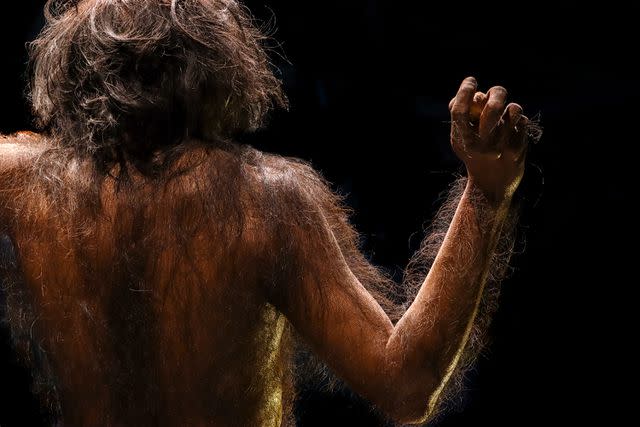Early Risers May Be Neanderthal Descendants, New Study Suggests
The study was published in the journal 'Genome Biology and Evolution' earlier this week

Getty
Early risers may be Neanderthal descendants.Early risers may have Neanderthal ancestors, a new study suggests.
Earlier this week, the findings were published in the journal Genome Biology and Evolution, which suggested that those who wake up early may have inherited genes from Neanderthals that increase their odds of being morning people, as opposed to thriving during the evening.
The study discovered that genetics passed on by Neanderthals, an ancient cousin of humans that lived some 40,000 years ago, may make some individuals morning people. Those beings developed a circadian rhythm, which, according to the National Library of Medicine, is "the 24-hour internal clock in our brain that regulates cycles of alertness and sleepiness by responding to light changes in our environment."
The Neanderthals, the study said, had to adapt to higher latitudes that were different in daylight and temperature throughout the yearly seasons, and once they began to mate with Homo sapiens, or modern humans, those genes were passed down over the years.
Those involved with the study were able to gather data from the UK Biobank, a medical database that features self-reported information on whether individuals consider themselves to be early risers.
Never miss a story — sign up for PEOPLE's free daily newsletter to stay up-to-date on the best of what PEOPLE has to offer, from celebrity news to compelling human interest stories.

Getty
Neanderthal.Related: Want to Be Happier? Live Near Water, Research Shows
Neanderthals were defined by various physical traits, including larger noses and bodies, as well as angled cheek bones, according to the Smithsonian’s National Museum of Natural History.
The Neanderthals, the organization added, were sophisticated beings that used tools, controlled fire and lived in shelters. They also made and wore clothing and were skilled hunters.
“We found that Neanderthal DNA that remains in modern humans due to interbreeding has a significant and directional effect on modern humans,” study co-author Tony Capra, an associate professor of epidemiology and biostatistics at the University of California at San Francisco, told The Washington Post in a statement.
“In particular, the Neanderthal DNA that associates with chronotype consistently increases propensity to be a morning person," Capra added.
For more People news, make sure to sign up for our newsletter!
Read the original article on People.

